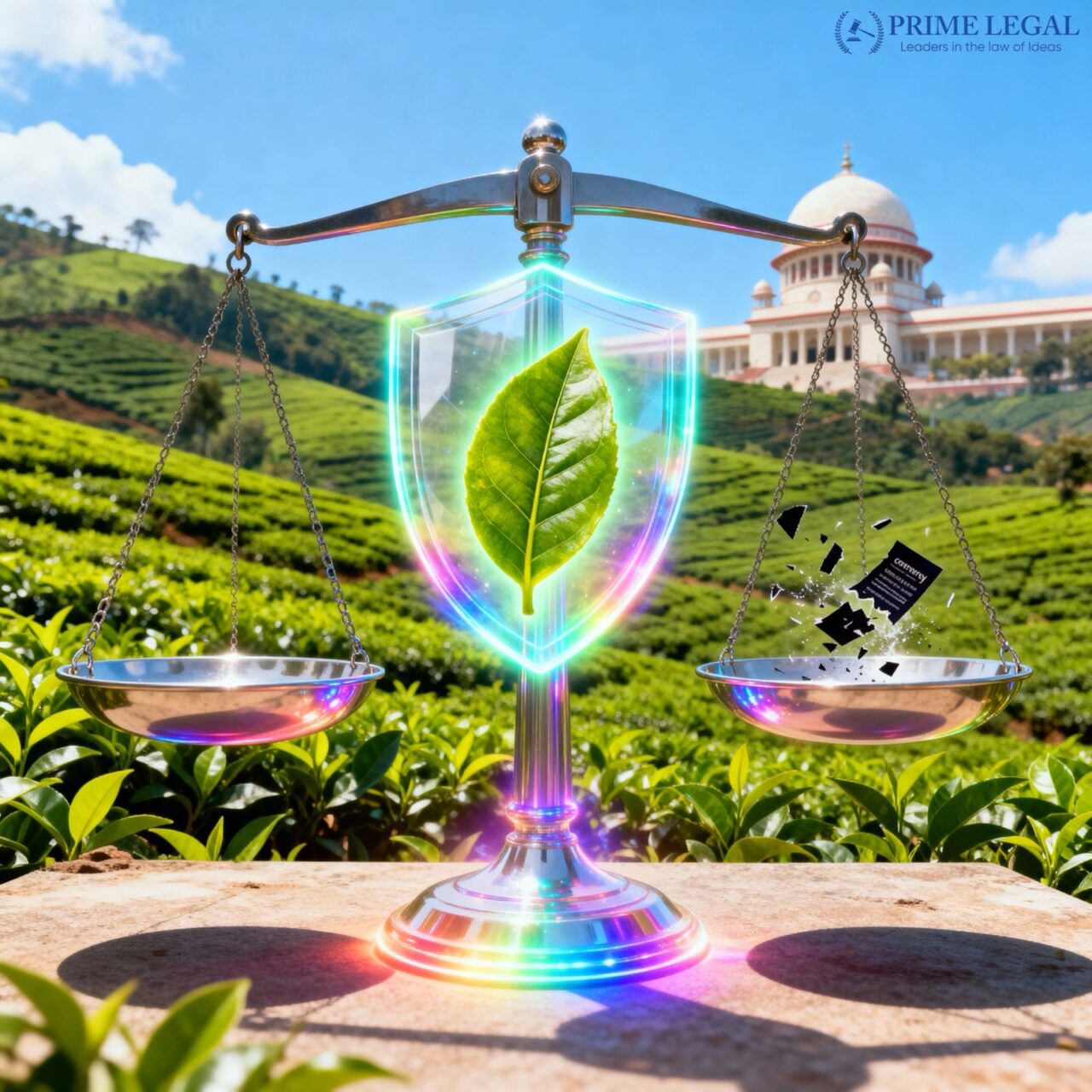Introduction
This case deals with certain lands of forest of the Appellant and it concerns the Kerala Private Forests (Vesting and Assignment) Act, 1971. This case deals with whether a particular land is a Vested Forest to the government under the Kerala Private Forests ( Vesting and assignment) act, 1971. The general rule is that on the appointed day (10th May, 1971) the Government automatically takes ownership and possession of all private forests in Kerala, and the rights of all previous owners are terminated, regardless of any prior laws or contracts. The Appellants of this case had been growing and cultivating Coffee and cardomom before 1971 but the state had been asserting that the lands were actually “ Vested forest” under the said Act. After application it held that the appellants had failed to prove that there were plantations present on the disputed land before the appointed date. Subsequently the appellants filed an appeal before the High Court by an order passed in 2006 set aside the tribunal’s order and considered the case freshly. The High court directed that the case be supported by an aid of scientific expertise to determine whether the coffee plants on the property were planted before the appointed day. Likewise, the Forest Tribunal appointed an Advocate Commissioner who in turn engaged an expert namely, a retired Deputy Director of the Coffee Board to assist in ascertaining the age of the coffee plants. However, the Tribunal acknowledged the evidence but again dismissed the application on the ground that plantations were not established before the appointed date. The Appellants aggrieved with this order appealed to the High Court Of Kerala under section 8A of the act but the High Court dismissed the appeal and held that the Tribunal was right in its decision in requiring scientific evidence. It is against this judgment that the appellants have approached the Supreme court.
Background
The Appellants in this case, who had been cultivating Coffee and Cardamom on their lands before 1971, were faced with the State’s assertion that the property was actually “Vested Forest” under the Kerala Private Forests (Vesting and Assignment) Act, 1971. Consequently, the Appellants applied to the Forest Tribunal under Section 8 of the Act, seeking a declaration that their lands were not vested. Initially, the Tribunal dismissed the application, holding that the Appellants failed to prove the existence of plantations before the appointed date (May 10, 1971). The Appellants then appealed to the High Court, which, by an order in 2006, set aside the dismissal and remanded the case for fresh consideration. The High Court specifically directed the Tribunal to utilize “scientific expertise” to determine the age of the coffee plants on the property. In compliance, the Forest Tribunal appointed an Advocate Commissioner who engaged a retired Deputy Director of the Coffee Board as an expert. However, the Tribunal, while acknowledging the evidence, again dismissed the application, maintaining that the plantations were not proven to have been established before the appointed date. Aggrieved by this second dismissal, the Appellants appealed to the High Court of Kerala under Section 8A of the Act, but the High Court dismissed the appeal, affirming the Tribunal’s decision and the necessity of rigorous scientific evidence. It is against this final judgment of the High Court that the Appellants approached the Supreme Court.
Keypoints
“Private Forest” – The Court dwelled into what falls under the definition of “Private Forest” and for this, it placed reliance on Joseph & Another v. State of Kerala & Another wherein it was held that the applicant before the Forest Tribunal must establish that the land does not fall within the definition of private forest under the Act i.e., in other words, either that it was not a forest at all, or that it was exempt by virtue of Sections 3(2) and 3(3). The Court held a view that the Applicant need not demonstrate their case with absolute certainty or direct evidence of every historical fact that ever occurred before 1971 as it would be impossible but it did say that such evidence should lead a reasonable fact finder to conclude that the ingredients satisfy the exemption.
“Credible Material” – The High Court reasoned that the tribunal was right in setting aside the application as it did not find any “credible Material”. The Supreme Court observed that the presence of younger plants in a plantation in 2007 does not automatically prove that the area was barren in 1971 and that the plantations are dynamic because old plants die or are felled, and new ones are put in their place.
Overall character of the land – The Question of what was the character of the land was taken up by the court and it said that all evidence points to the fact that the tax on the property was paid which indicated that the land was maintained.
Recent Developments
This case indicates that genuine plantation cultivators should not suffer and evidence of every historical fact prior to 1971 cannot be asked to procure as it would be impossible and this case serves as a strong assistance to future litigants.
Conclusion
The Supreme Court has upheld and protected the rights of the Plantation Cultivators and laid down a foundation that cultivators who are genuine should not be made to suffer through long legal battles.
“PRIME LEGAL is a full-service law firm that has won a National Award and has more than 20 years of experience in an array of sectors and practice areas. Prime legal falls into the category of best law firm, best lawyer, best family lawyer, best divorce lawyer, best divorce law firm, best criminal lawyer, best criminal law firm, best consumer lawyer, best civil lawyer.”
WRITTEN BY S. KAVIYA SRI


